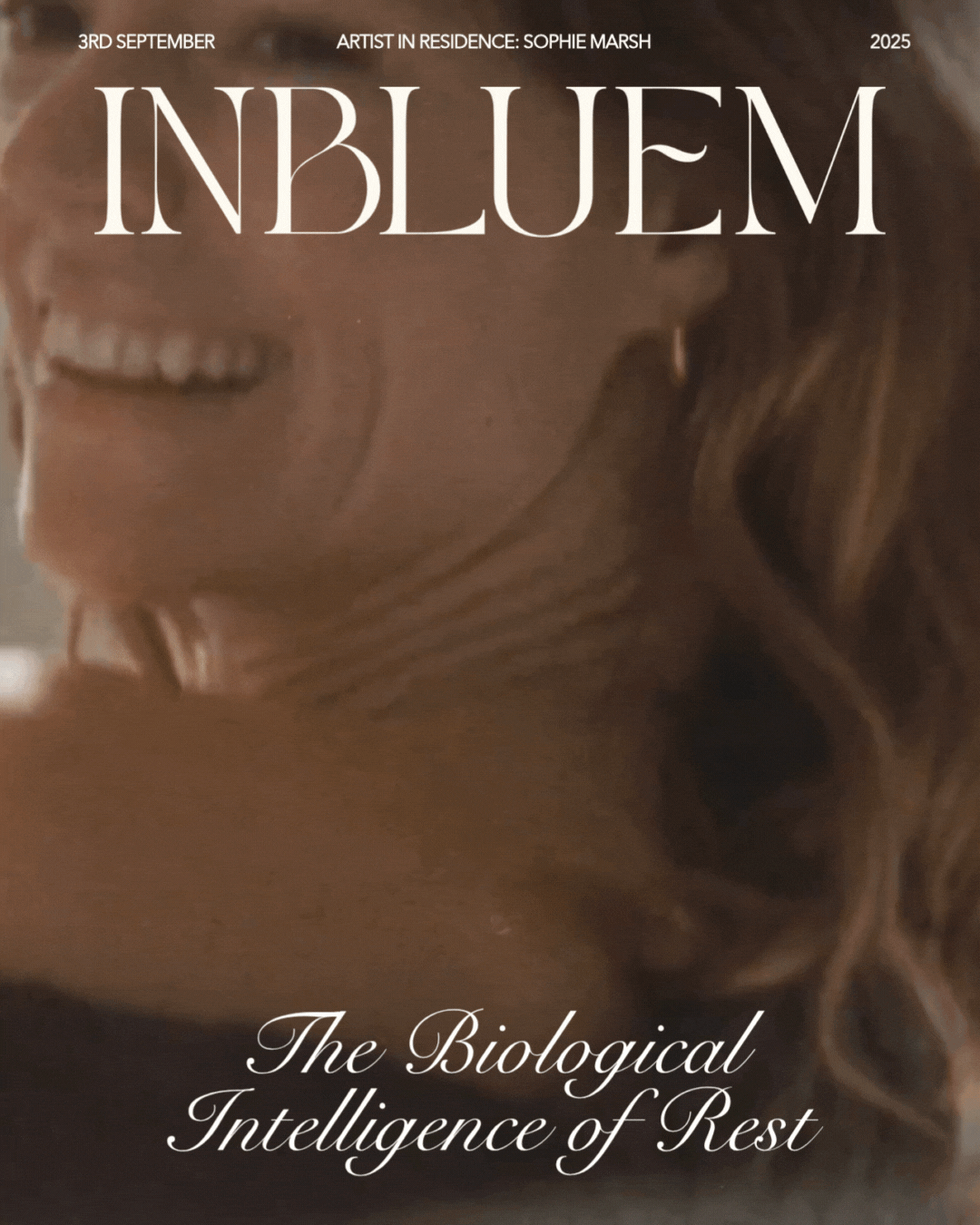The Personal Ecosystem

Rewilding is not just a landscape strategy. It's a way of remembering how life self-organises when conditions are right. This remembering doesn't stop at the city's edge. It extends into the intimate terrain of the self—our bodies, our skin, our nervous systems.
Just as concrete disrupts mycorrhizal networks beneath city streets, modern life disrupts the internal ecosystems we rely on for vitality. Chronic stress. Overstimulation. Harsh products. Invasive routines. The city externalises performance and urgency—so our self-care begins to mirror it. We notice this in the ways we lose our sense of feeling even within our rituals.
But what if the body is not a machine to optimise, but an ecosystem to attune to?
Our skin, like soil, is a living barrier. It breathes, absorbs, protects, hosts a diverse microbiome essential to immune function and mood regulation. Research shows harsh skincare disrupts this delicate balance, just as over-fertilising depletes a field over time. Just as monoculture farming leaves soil vulnerable, one-size-fits-all wellness ignores the unique cycles, rhythms, signals of an individual body.
To rewild the self is to begin listening again.
To remember that rest is not indulgent—it's infrastructural. That softness is not weakness—it's responsiveness. That hydration, like rain, changes everything.
Urban rewilding speaks of biomimicry: emulating nature's time-tested patterns to solve modern challenges. But biomimicry doesn't just belong in city planning. It belongs on our bathroom shelves. In our morning rituals. In our sense of what beauty means.
When we choose products made through rain-harvesting and steam distillation—like Hydrosoul—we're engaging in more than skincare. We're participating in a design system that echoes natural intelligence: slow, cyclical, deeply alive. We're saying no to extraction and yes to reciprocity. No to harsh intervention and yes to gentle resilience.
Our nervous systems recognise this. Environmental psychology tells us natural scents and textures calm the vagus nerve. The act of misting the face, oiling the skin, brushing the body—all can be more than aesthetic—they can be acts of regulation. Of restoration. Of reconnection.
This is not about abandoning science. It is about expanding it.
Recognising that just as a city cannot be healthy without green space, a person cannot be radiant without rest. That there is intelligence in the seasons of the skin. That healing is not a hack—it is a rhythm.
Rewilding begins in overlooked places: vacant lots, cracks in pavement, forgotten gardens. So too in the body. It begins in moments we might skip over—the pause at the end of a long breath, the sensation of water on skin, the decision to do a little less and feel a little more.
The city and the body are not separate. They are nested systems. When we learn to care for one, we begin to reimagine the other.
Not as a project to fix.
But as a living thing to honour.






Leave a comment
This site is protected by hCaptcha and the hCaptcha Privacy Policy and Terms of Service apply.